fidel castro wapili
JF-Expert Member
- Mar 18, 2017
- 3,326
- 2,726
Una uhakika ilitunguliwa?Wakati ndugu zetu wa Msumbiji wakimkumbuka Mmoja wa viongozi mashuhuri Kamarade Samora Machel, baada ndege aliyopanda pamoja na abiria wengine 34 ilipotunguliwa katika milima ya jimbo la Mpumalanga kuelekea Msumbiji mwaka 1986, je ni nani alihusika na mauaji wa Mwana-Mapinduzi huyu toka jirani zetu hawa Wamakonde?
Ila Machel katuacha Imara!Ilisemekana kuwa baada ya ndege kuanguka Samora aliuawa bado yuko hai pale chini kwa mujibu wa mlinzi wake.[Huenda aliuawa pamoja na wengine waliokuwa wakingali hai.] Mlinzi wake ambaye naye alinusurika aliondoka mahali pale mara tu baada ya ndege kuanguka kwenda kutafuta msaada.
Habari zilisema askari wa Makaburu walifika hapo muda mfupi baadaye na kummalizia Hayati Samora akiwa amelala majeruhi ardhini. Mwingine aliyenusurika katika ajali hiyo ni rubani wa ndege Mrusi aliyejeruhiwa vibaya sana.
Mtu mmoja maarufu aliyekufa katika ajali hiyo ni Aquino Da Braganca, msomi aliyekuwa mshauri mkuu wa Rais Samora.
Hongera Sana CheCHE, ndio alikua kiboko ya wadhalimu duniani (Mungu amrehemu) mwanamapinduzi aliechukukia ukandamizaji iwe Africa, America Asia , yaani dunia nzima!!!
Mkuu kongole naomba kuuliza baadhi ya maswali nini kilikuwa nyuma juu ya kifo Cha Sokoine?Nyerere! Look! Uhuru hailetwi tu kama bidhaa. Nyerere ndie aliyeratibu mapinduzi ya Seychelles miaka ya 70 na kumuweka msoshalist mwenzake Robert Rene na kumuondoa mafarakani Mancham. Unajua mapinduzi yale wangapi walikufa?
Pia kulikua na jaribio la kumyoa Robert Rene miaka ya sabini wakati baadhi ya wanajeshi watanzania walikua wamesha ondeka but wachache walikuwepo na waliweza zima mapinduzi yale na wanajeshi kibao walipelekwa usiku huhuo Seychelles, victoria.
Miaka ya 80 walijaribu tena walishindwa baada ya mapigano makali kati ya makabiru na cia kuchemsha dhidi ya majeshi ya Tanzania.
Mpaka leo idadi ya wanajeshi waliokufa or kujeruhuwa Seychelles haijulikani.
Josina si ni binti wa Graca Machel?Sio huyu, Josina alifariki ktk hospital ya Muhimbili. Mke wa Machel aliyeolewa na Mandela anaitwa Graça Machel,yuko Maputo kwa raha zake
Nalog off
Josina Machel alizaliwa Vilanculos 10/8/1945.Josina si ni binti wa Graca Machel?


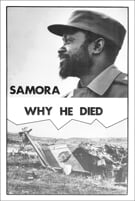
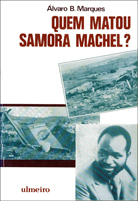
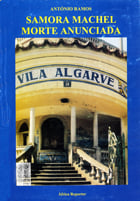
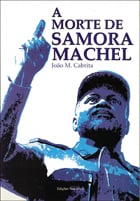
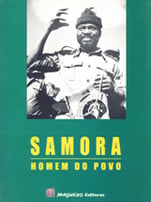
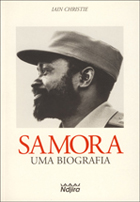
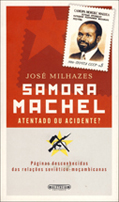
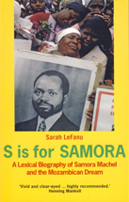
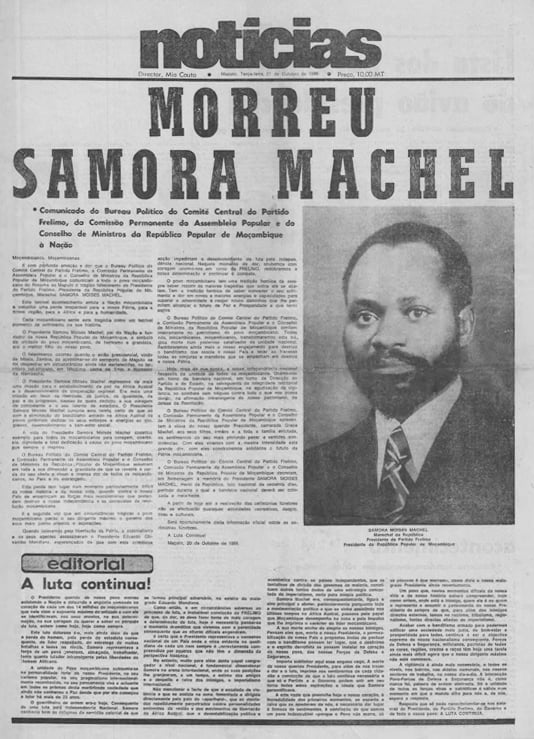
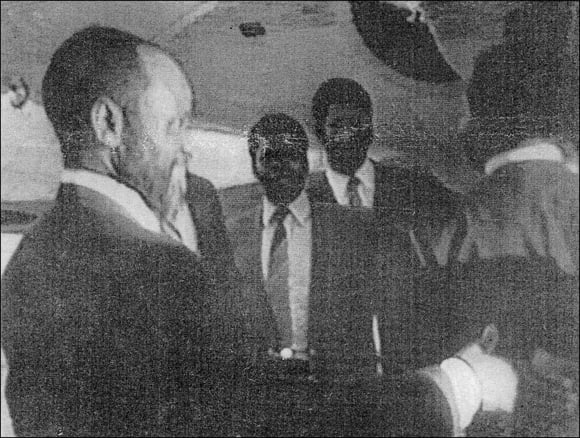
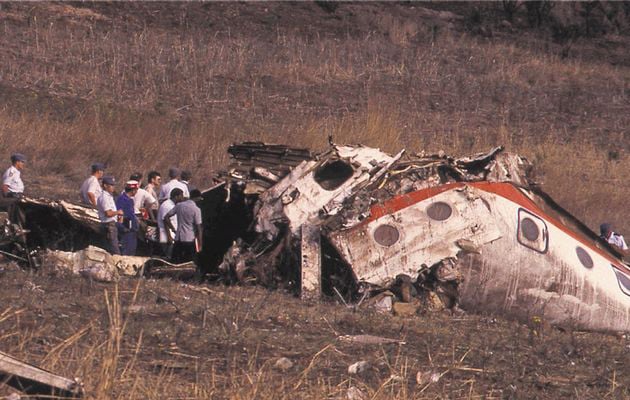

 Publisher, Dr Andre Odendaal (middle) posed with Josina and Graca Machel after handing them a copy of Kok Nam’s book on Samora Machel. All images Jacob MAWELA.
Publisher, Dr Andre Odendaal (middle) posed with Josina and Graca Machel after handing them a copy of Kok Nam’s book on Samora Machel. All images Jacob MAWELA. Former Chief Justice, Albie Sachs addressed an audience at the Nelson Mandela Foundation at the launch of Kok Nam’s book on Samora Machel.
Former Chief Justice, Albie Sachs addressed an audience at the Nelson Mandela Foundation at the launch of Kok Nam’s book on Samora Machel.Hii shule ni yazamani sana kumbe.Mtoto wa Fr. Augustine unatupiga sound. Francis De Sales iko Kihonda sio Mazimbu